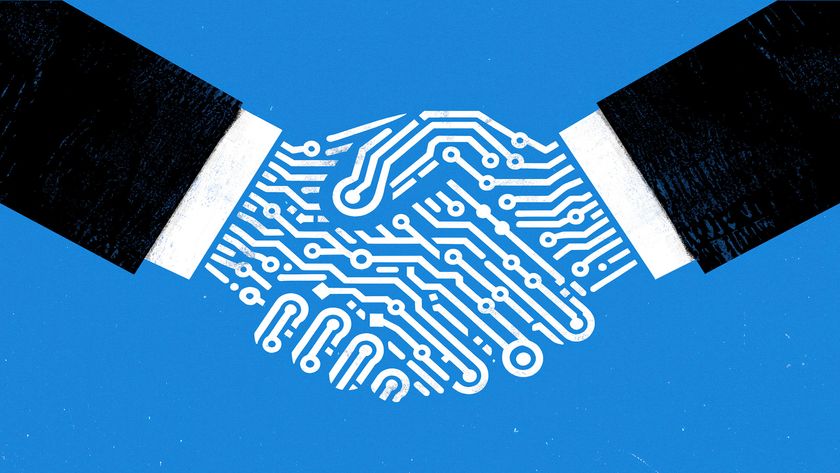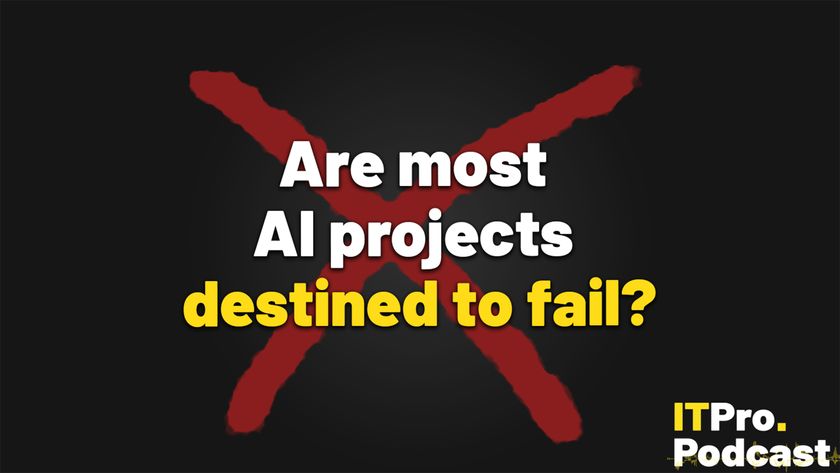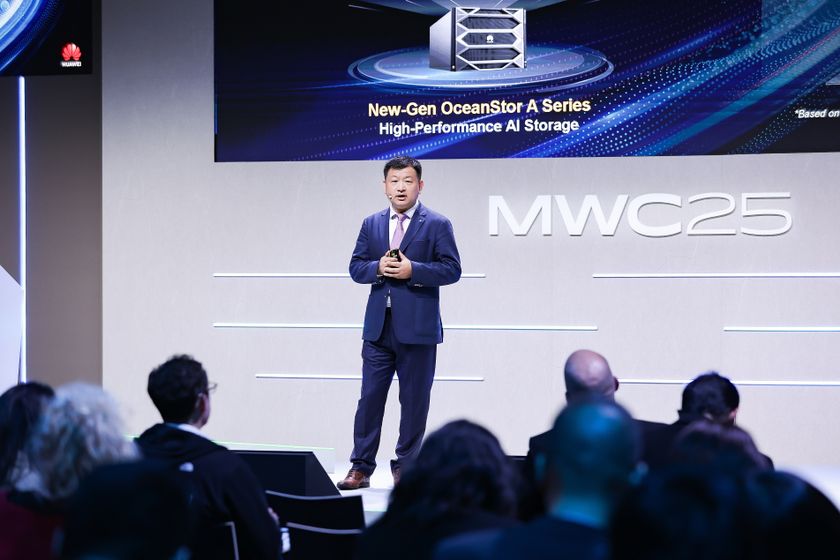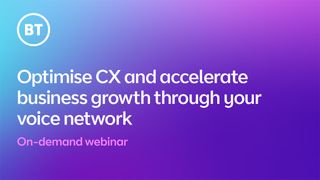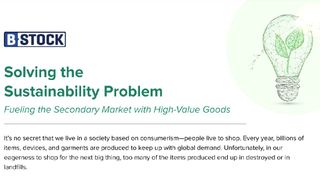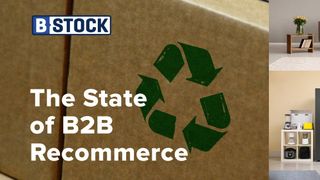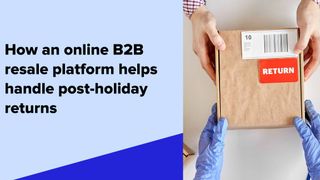Welcome to the age of disposability
We live in a world where we don't always think about what we're doing, because we can simply press delete later on, warns Mark Samuels...
"What we're seeing is that, at the edges, people are using innovation around apps to help change the way that the business operates," he says. "Some-leading edge companies are really embracing the idea and finding the processes, strategies and cultural systems to allow their people to experiment."
Ward-Dutton says that the cost of development will be low in certain business situations, particularly in nascent areas of development. "Then it makes sense to invest in a portfolio of ideas," he says. "But you need a process to understand how small bets can lead to big bets. And you need to develop an internal culture where people are aware that apps might just be thrown away."
Creating the right platform for disposability might present a challenge. Yet Ward-Dutton says the benefits of embracing experimentation will be worth the effort. "There's a new way to deliver things. Applications are cheaper, quicker, faster and easier to build. Using that basis as an enabler for business change means that you can transform how your organisation operates," he says.
"Do some experiments and prototyping around how apps are being used in the field. Create an iterative approach to development, where you give people access to new tools and you tweak them in response to their requirements. Disposability is all about turning traditional IT on its head. It's a data-driven approach that helps the technology team move towards real-time IT development."
Balancing opportunity with risk and cost
Doug May, business systems director at manufacturing specialist LoneStar Group, says disposability and the need to potentially throw away apps quickly is not something that would be relevant to his firm at this point in time. However, he does not discount the approach and suggests end users might be keen to benefit from disposability.
"People are spending more time doing their work from various locations on tablets and other mobile devices," says May. "Workers want changes to systems and services to be made quickly in the digital age. They don't necessarily understand why modifications to an enterprise resource planning system take so long."
Get the ITPro. daily newsletter
Sign up today and you will receive a free copy of our Focus Report 2025 - the leading guidance on AI, cybersecurity and other IT challenges as per 700+ senior executives
Like some of his peers, May is keen to give employees access to the best possible tools, yet is also eager to ensure that the IT department and the business retains some sense of control. "You might be able to find a spot solution to a specific problem but that won't necessarily provide a long-term answer," says May.
He is keen to establish a method to take advantage of new developments in IT. Despite working with a tight IT budget, May is always looking for smart ways to use new software and services in interesting combinations. "Even in our business, there are micro applications that we could use to create benefits for the enterprise," he says.
"There are members of the sales team that would really benefit from having access to data through specialist applications. But we'd need an internal apps store to help them make the most of many apps. And an app store, however desirable, isn't a priority for us right now."

Mark Samuels is a freelance writer specializing in business and technology. For the past two decades, he has produced extensive work on subjects such as the adoption of technology by C-suite executives.
At ITPro, Mark has provided long-form content on C-suite strategy, particularly relating to chief information officers (CIOs), as well as digital transformation case studies, and explainers on cloud computing architecture.
Mark has written for publications including Computing, The Guardian, ZDNet, TechRepublic, Times Higher Education, and CIONET.
Before his career in journalism, Mark achieved a BA in geography and MSc in World Space Economy at the University of Birmingham, as well as a PhD in economic geography at the University of Sheffield.
